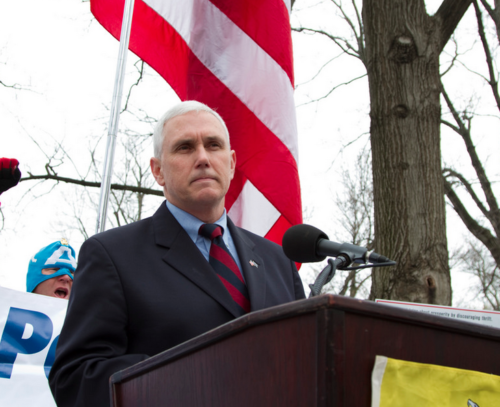Statement From CER Founder and CEO on Prospective VP Pence
FOR IMMEDIATE RELEASE
July 14, 2016
CONTACT
Michelle Tigani
michelle@edreform.com
WASHINGTON, DC — Jeanne Allen, Founder and CEO of The Center for Education Reform, issued the following statement on presidential candidate Donald Trump’s pick of Indiana Governor Mike Pence as potential running mate:
“The race for president just got more interesting for education reformers – and more meaningful – if indeed, as the Indianapolis Star has just reported, Governor Mike Pence has been selected as Donald Trump’s running mate.
“Mike Pence is a true pioneer of educational opportunity, having advocated for parental choice and high standards for all schools, both as a think tank leader and radio host long before he ran for elected office.
“In Congress, Governor Pence supported pushing more authority to state and local leaders, using their money to pursue the innovations and programs that they best feel meet the needs of their schools, their communities.
“He has been an outspoken supporter of the critical right of parents to choose the school that is best for their children. Particularly in a time of great civil and international unrest, education holds the key to a competitive and productive nation.
“In the least predictable political election cycle in recent times, we look forward to the possible addition of the Governor’s historically unwavering conviction that education is the essential lever to expanding opportunity for all Americans.”
The Center for Education Reform does not endorse candidates, but we will always recognize when someone’s on the right side of parent power and excellence for kids.





















